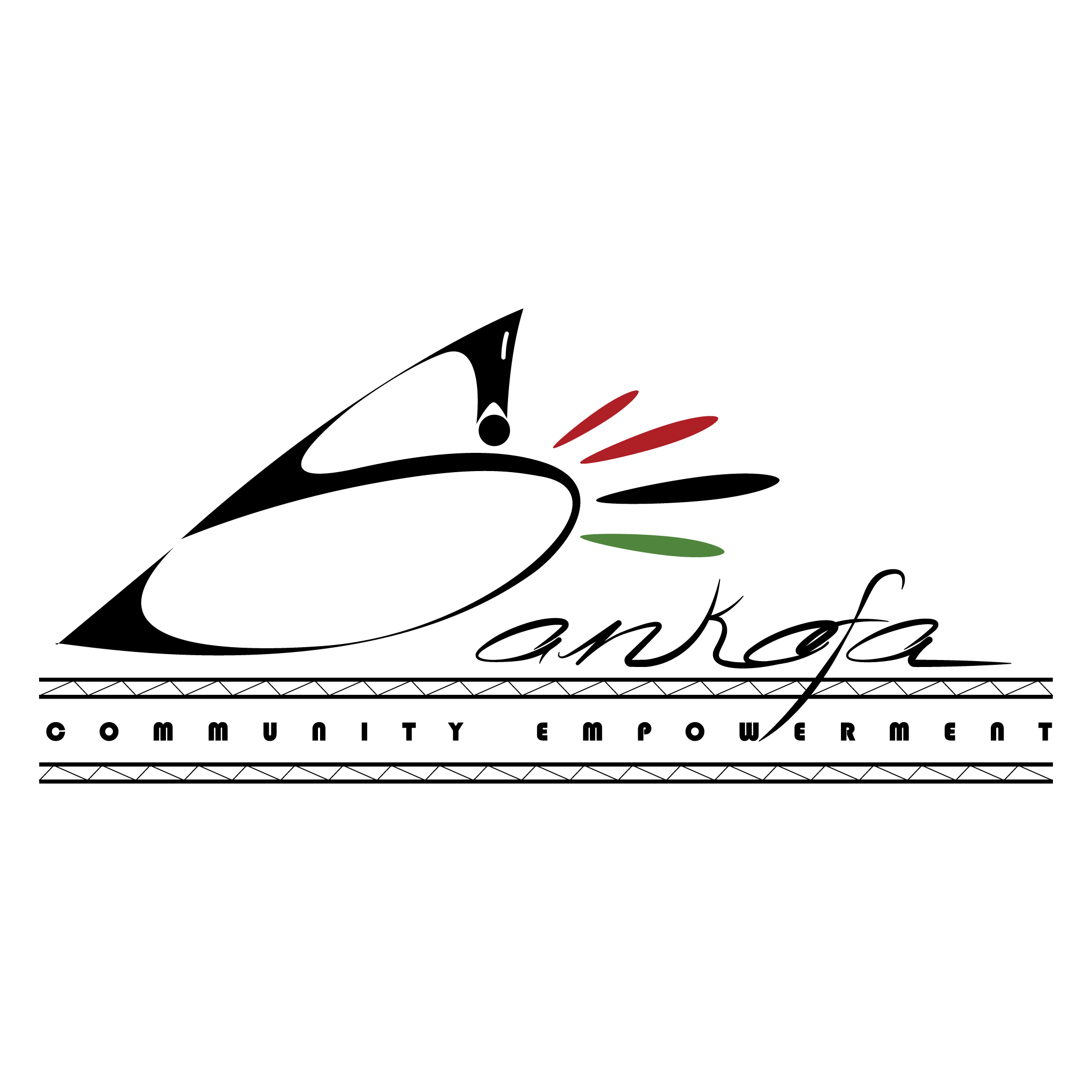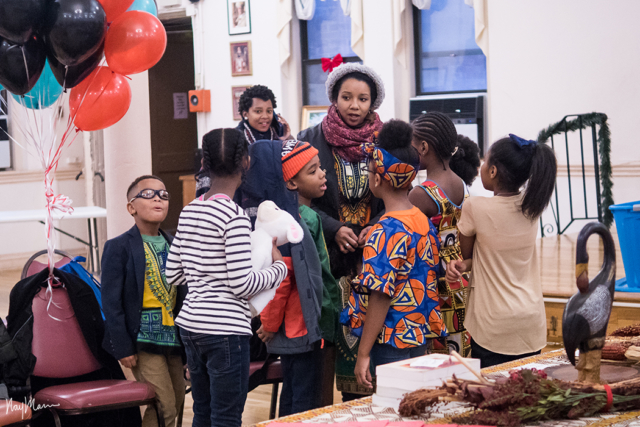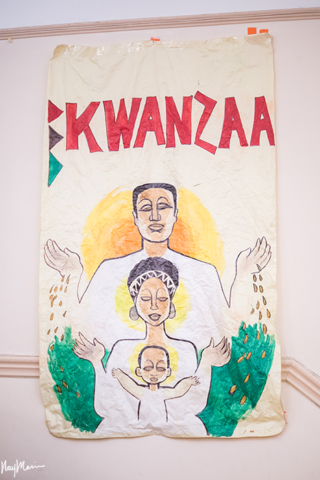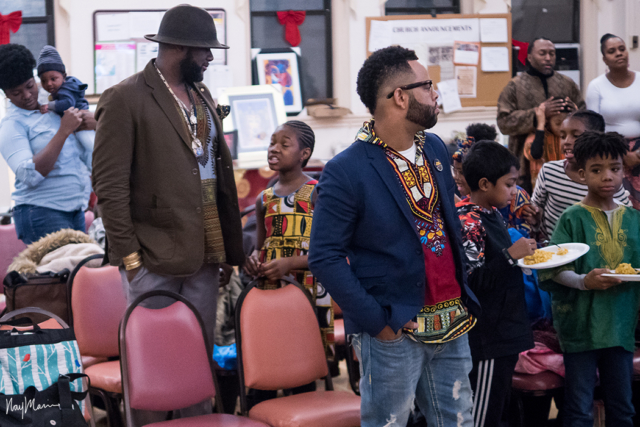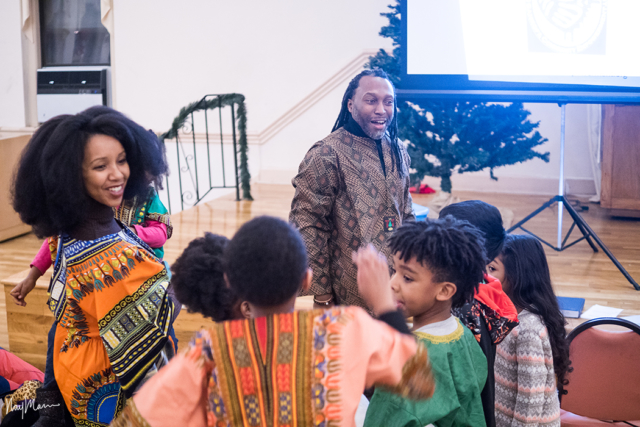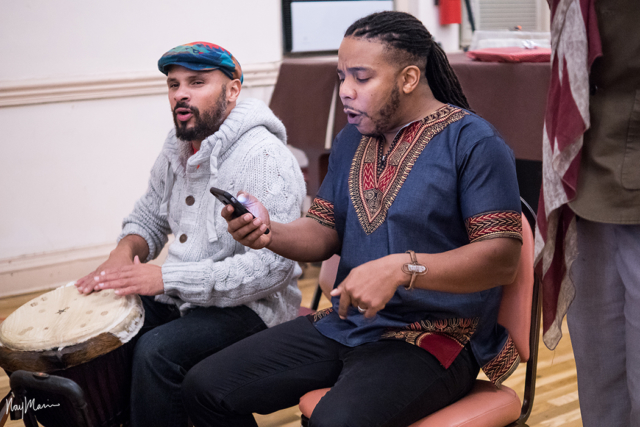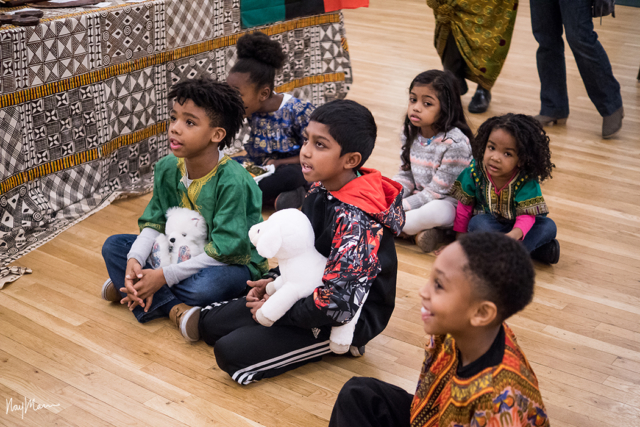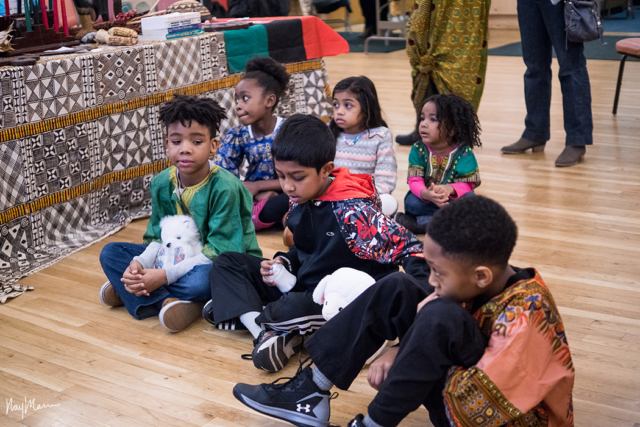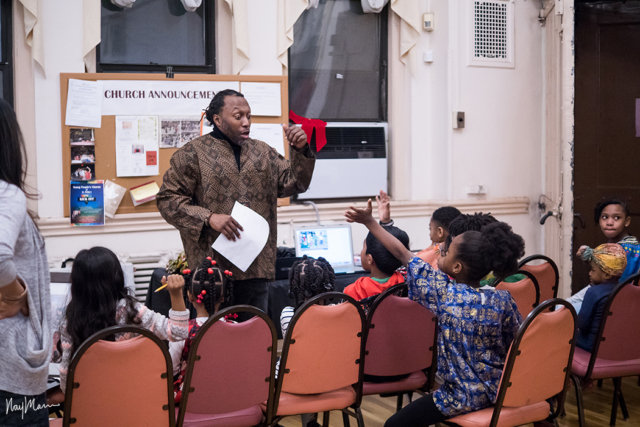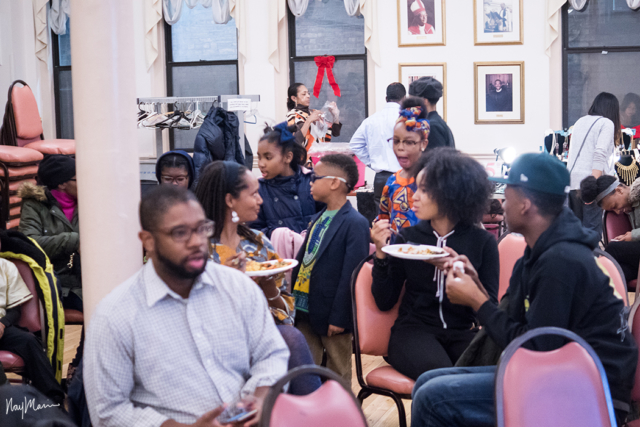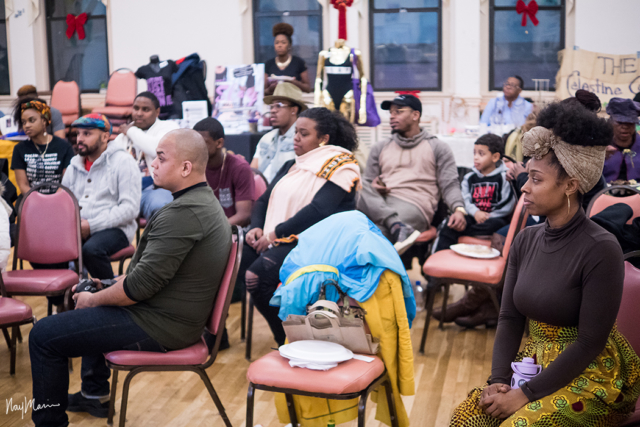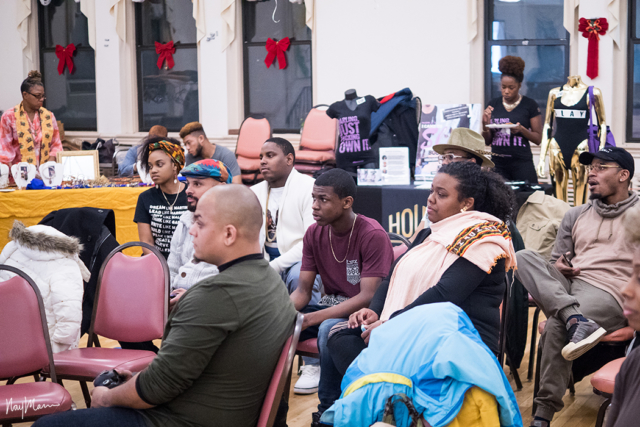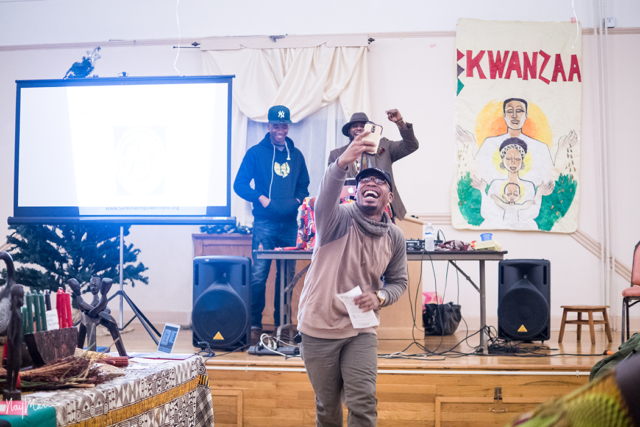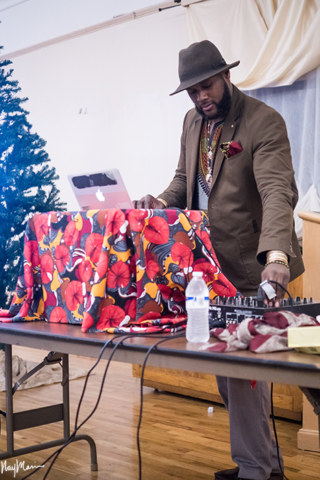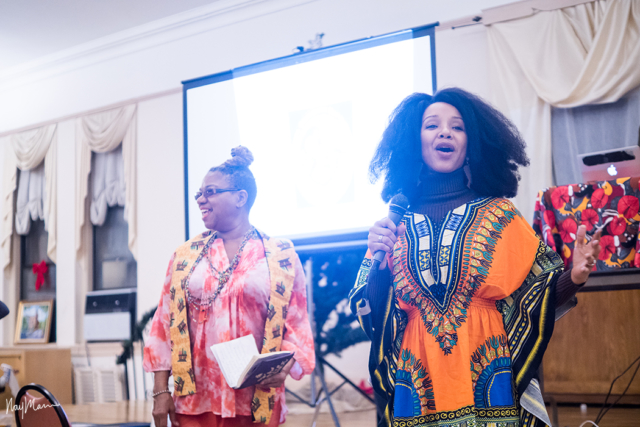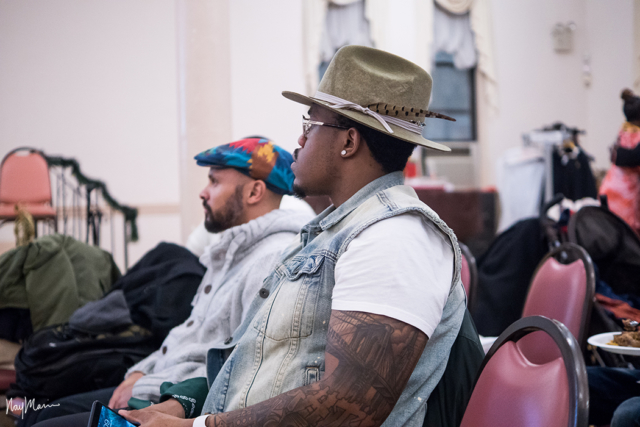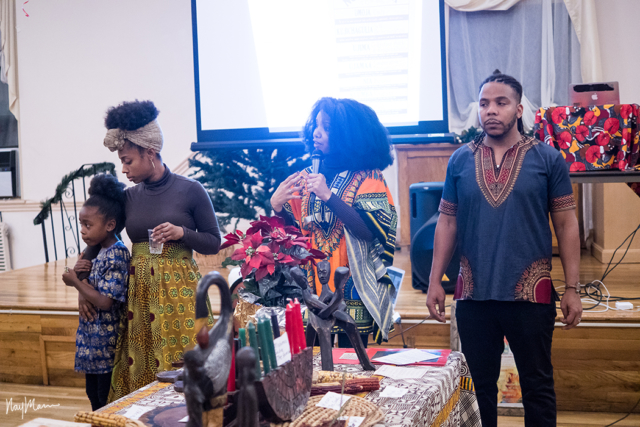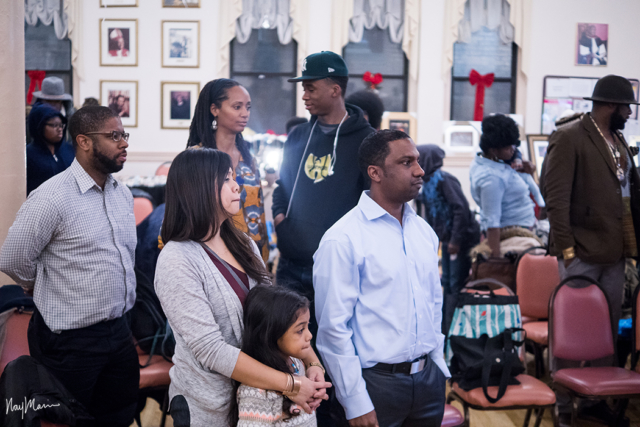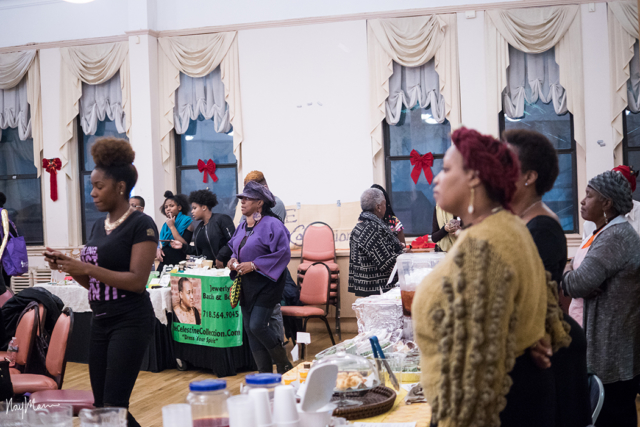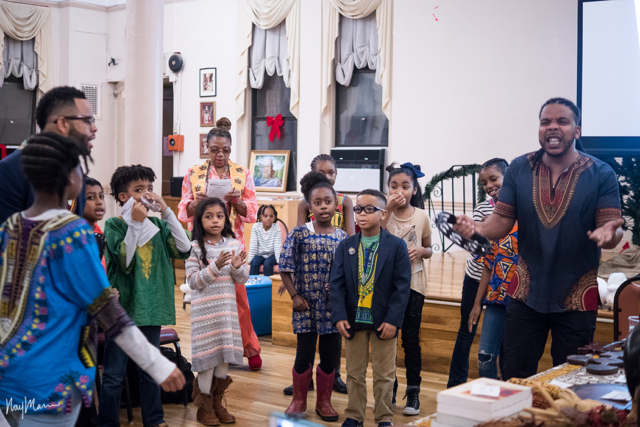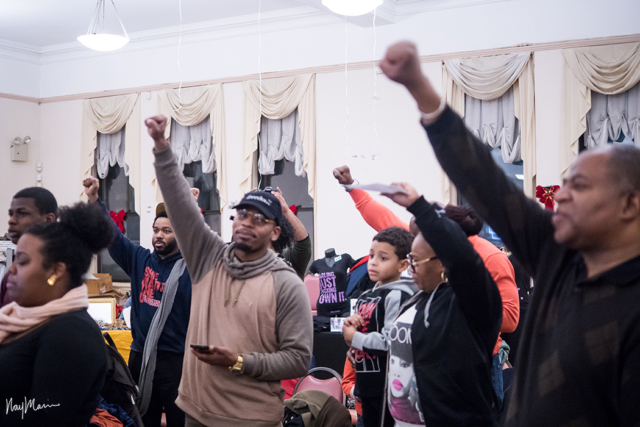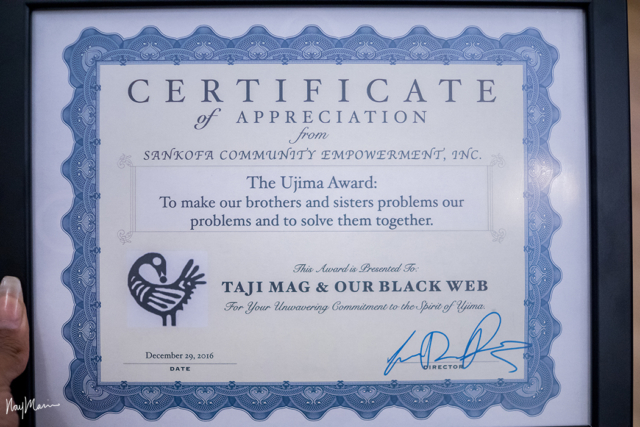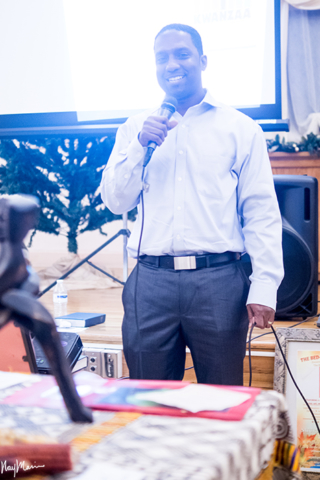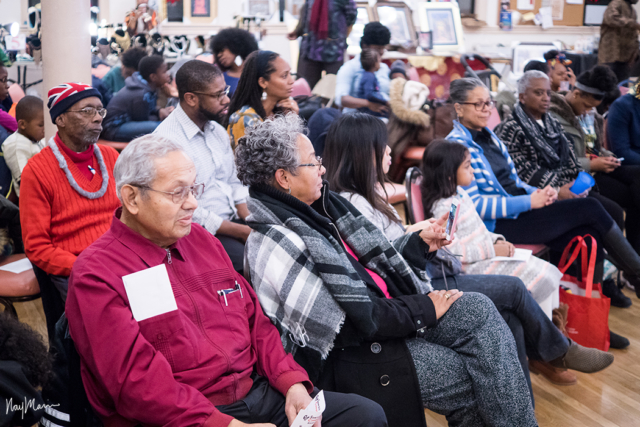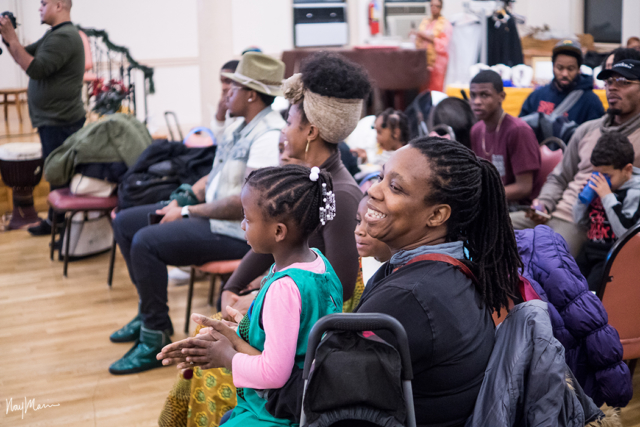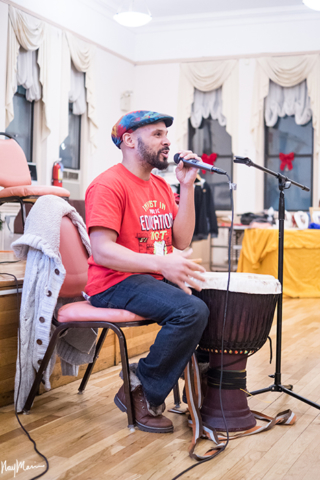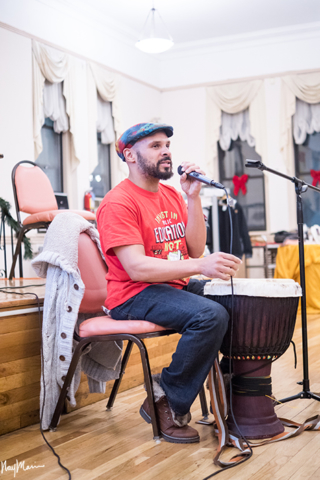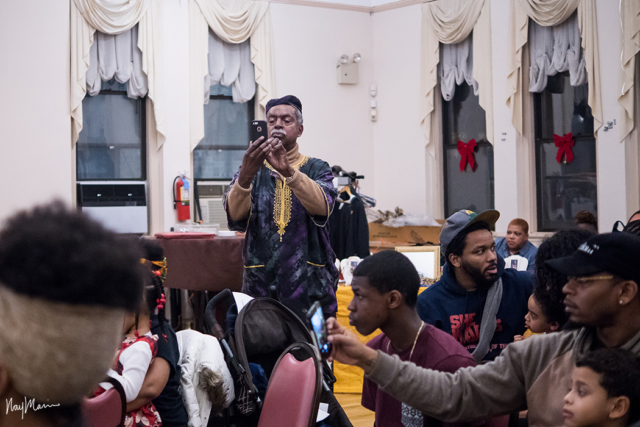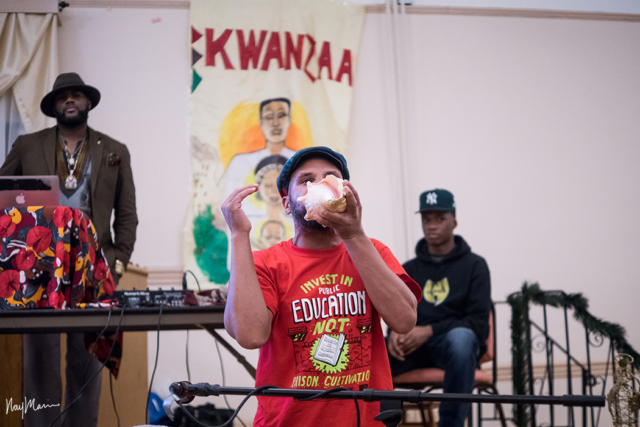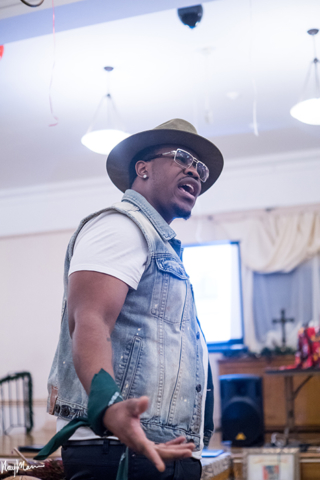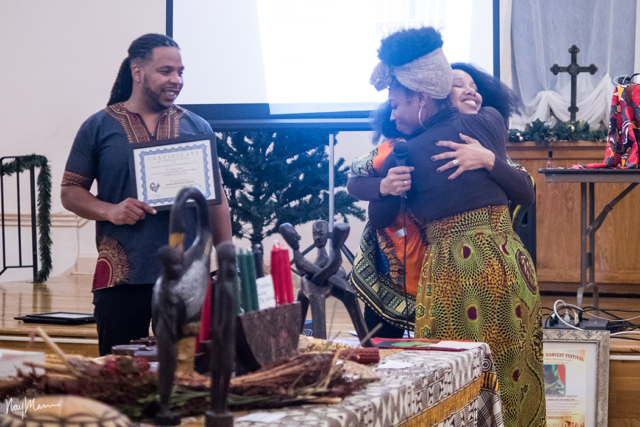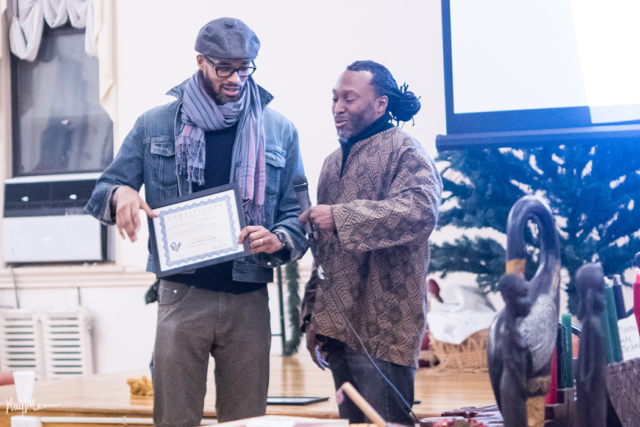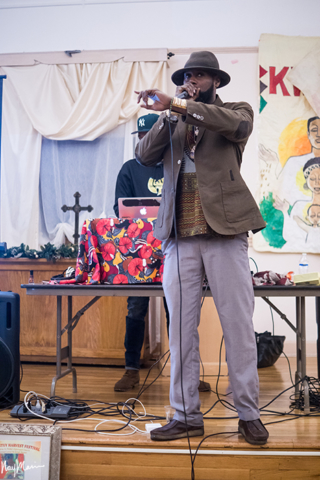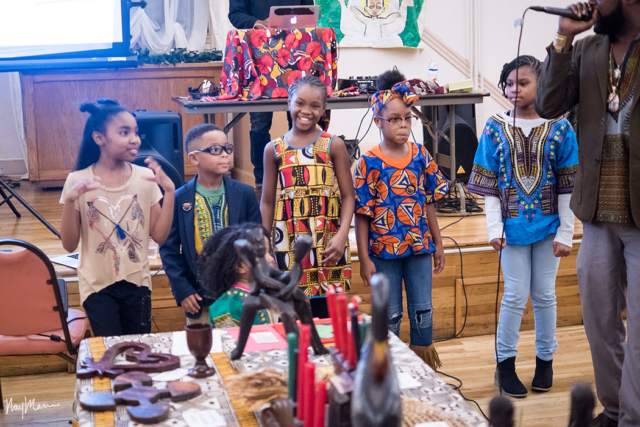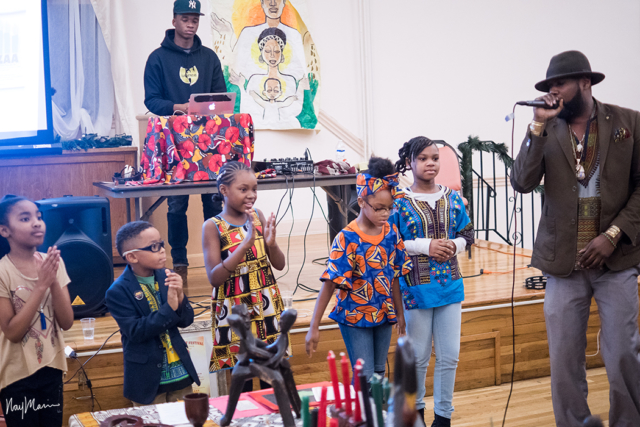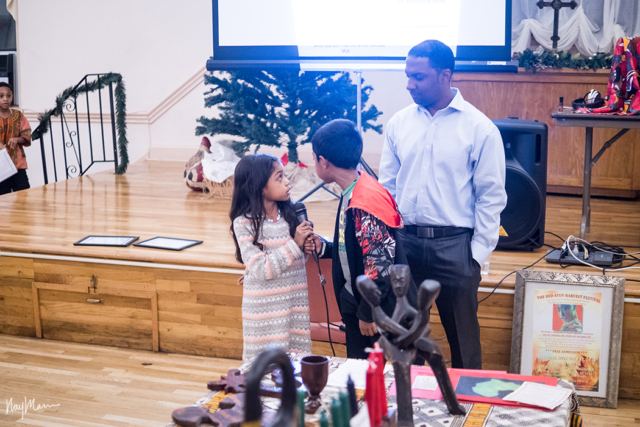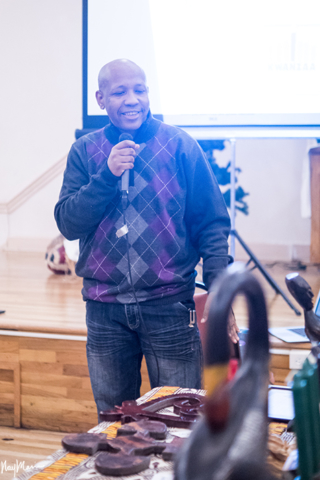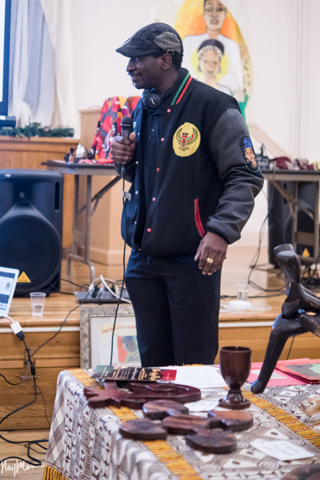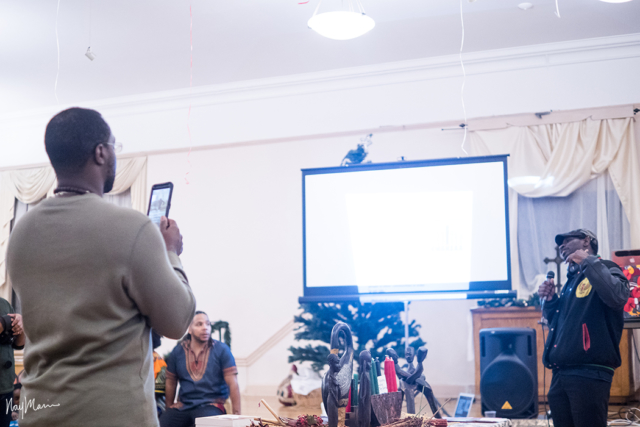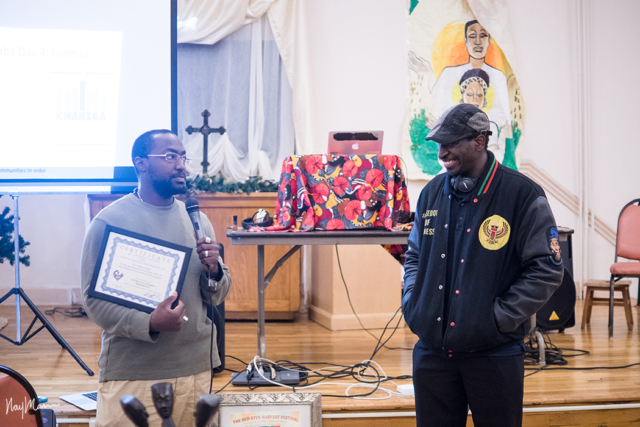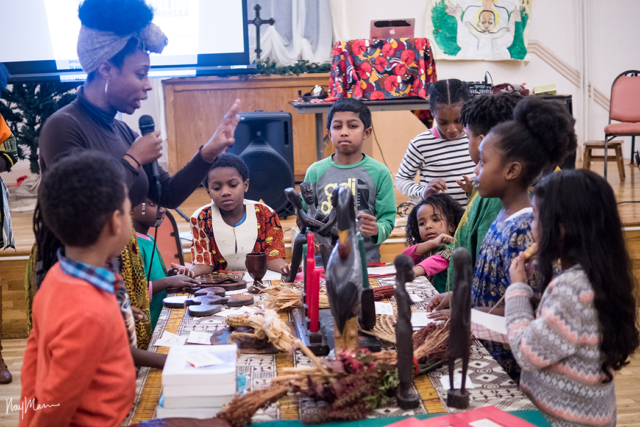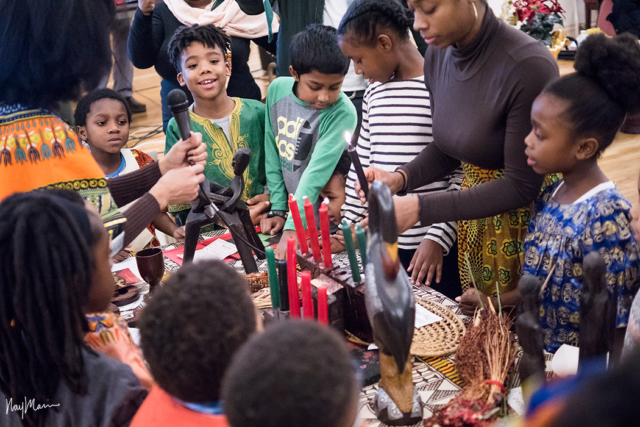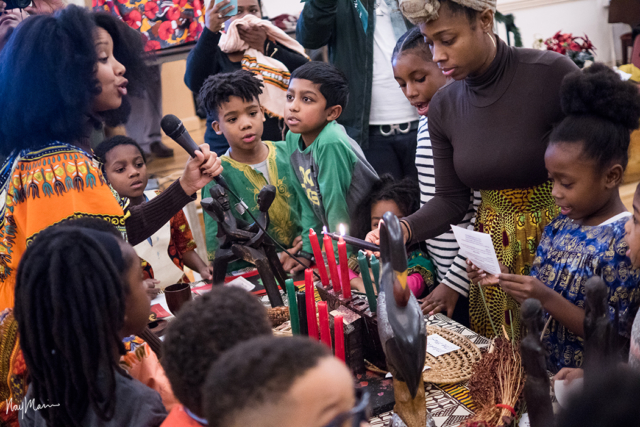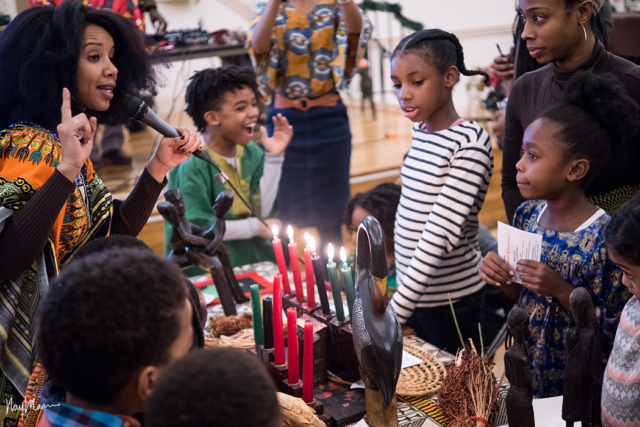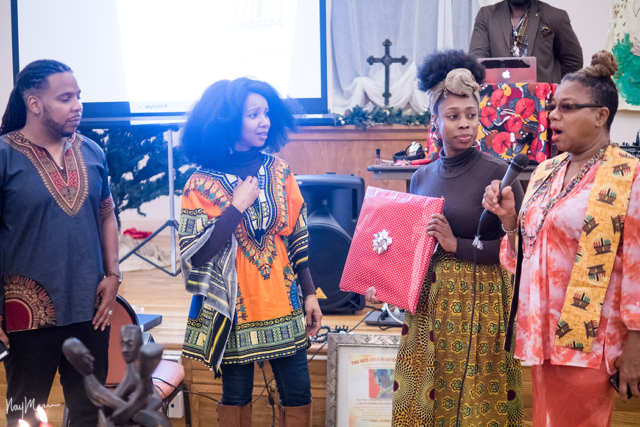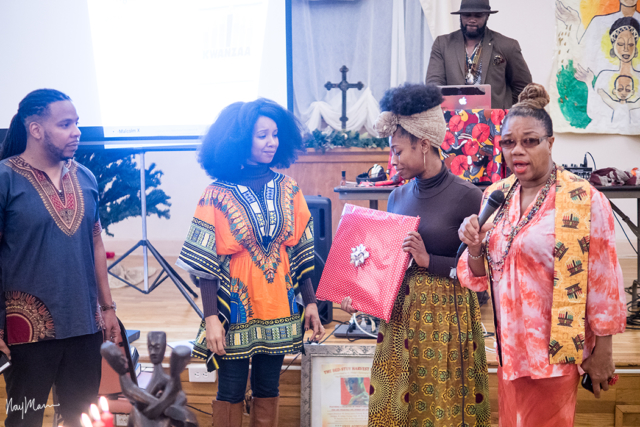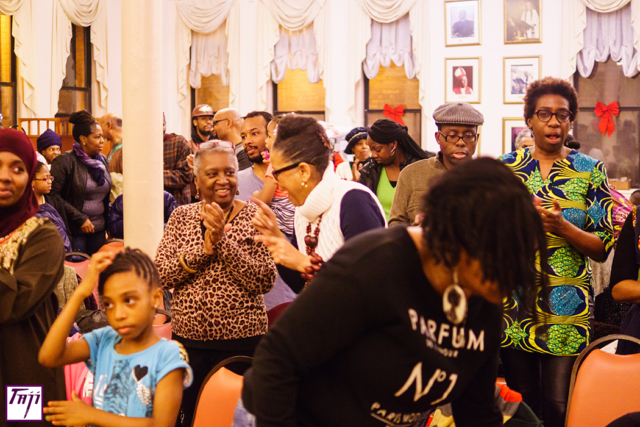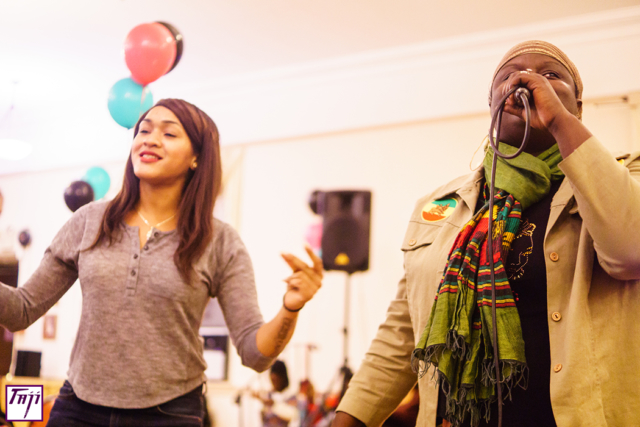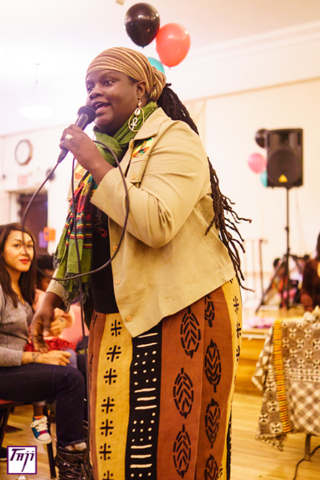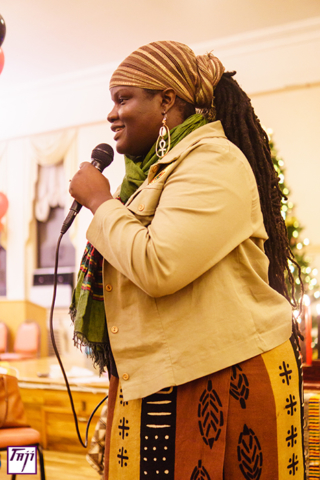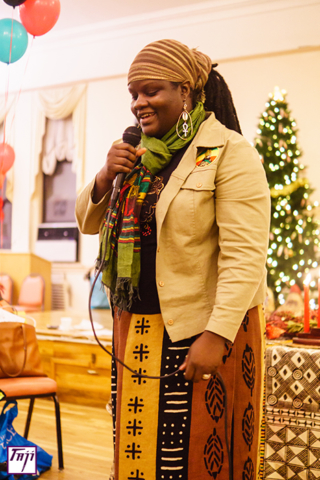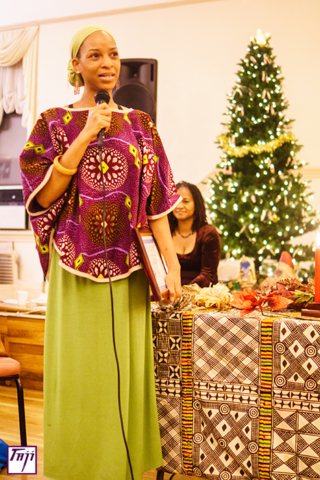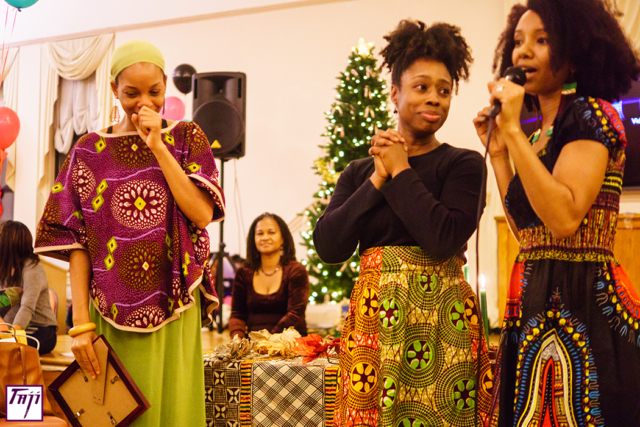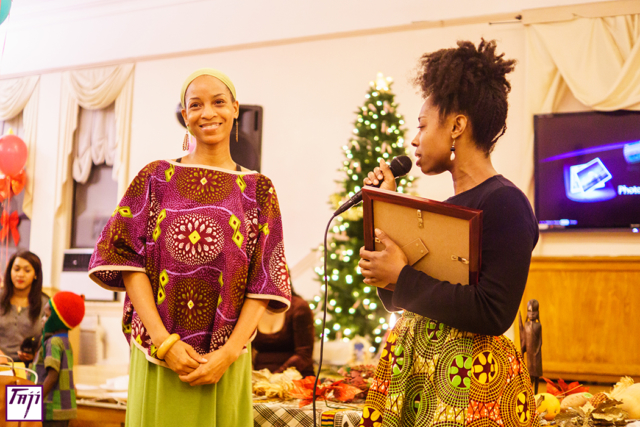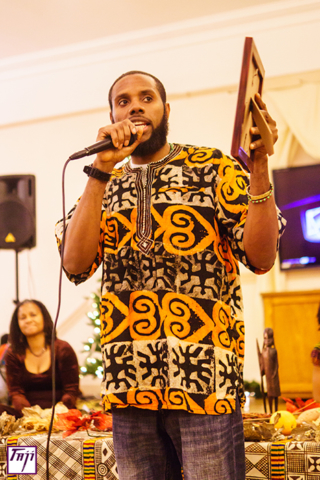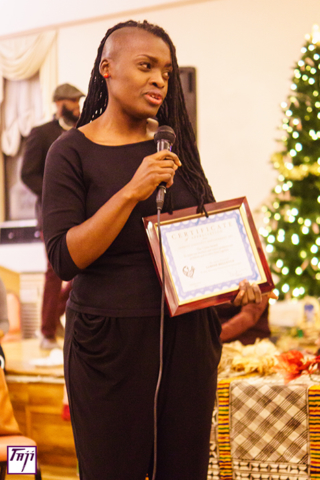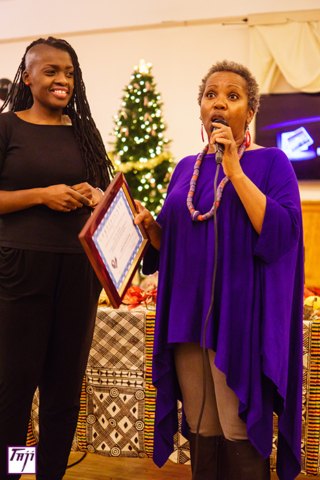Sankofa Community Empowerment has 2 chapters in the Northeast, located in Philadelphia, Pennsylvania and Brooklyn, New York. Sankofa chapters embody the basic structural tenets of Sankofa Community Empowerment: Community Circles, Brother & Sister Circles, and educational programming all of which are grounded in the principals of the Nguzo Saba. Sankofa has members throughout the country reaching as far as Houston, TX and Oakland, CA. Sankofa members carry on the mission of Sankofa and Kujichagulia (self-determination) as they create essential programming aimed at educating and empowering people of African descent to change their conditions.
Brooklyn, NY
The New York Chapter of SCE has a variety of initiatives dedicated to serving the community in the greater New York area. In addition to the staple SCE programs and community forums, look the Chapter runs a Male Rite of Passage Program at Bushwick Community Alternative High School. Sankofa-New York also partners with the NYC Department of Education to serve middle school students who live in temporary housing. The partnership provides programming through the Tomorrow’s Answer African Centered Literacy program and is based at Boys and Girls High School in Bedford Stuyvesant, thumb Brooklyn. Sankofa-New York also co-sponsors events for high schools students through the Chainless Voices art education program at Brooklyn Community Arts and Media High School.
Philadelphia, PA
The Philadelphia Chapter of SCE is focusing on a number of initiatives dedicated to empowering the community in the greater Philadelphia area. In addition to maintaining consistent programming required for all SCE chapters, doctor Sankofa-Philly has also been able to build a few additional programs. These programs include: the Inner Visions cultural arts and music showcase; seminars aimed at developing a true sense of self-reliance and liberation, site including an Entrepreneurship Series, community fundraisers, and film series.
SCE offers literacy based, African-centered youth programming that develops self-determined and responsible young people who aspire to assume leadership roles in their communities.
The mission is to enhance the lives of youth through culturally enriching experiences that teach them to think critically and nurture their individual gifts, patient skills and talents. Through our various after school programs, Saturday Schools, and community forums, SCE works to empower youth from K-12 through a holistic model that builds the mind, body and spirit.
TOMORROW'S ANSWER SATURDAY SCHOOL
This literacy based African-centered program develops strong-minded, pro-active, and responsible youth who grow to be life-learners. The mission is to enhance the lives of youth by creating culturally enriching, educational experiences that teach participants to draw upon their rich history while utilizing their individual gifts, skills and talents for the benefit of the collective community.
AFTER SCHOOL PROGRAMS
These programs range from art education, community leadership, healthy eating and male/female rite of passages, all of which are designed to improve students’ academic, social and professional development.
COMMUNITY DIALOGUE
Sankofa Community Workshops (also known as “Sankofa Circles”) are inter-generational sessions that allow individuals of all ages the opportunity to openly dialogue about some of the most urgent issues impacting the community, sick while proactively developing and implementing solutions to these problems.
These workshops are specifically designed to foster the innate capabilities of leadership present in members of the Black community while serving as an educational tool, healing support group and community mobilization mechanism, all of which are essential for cultivating leadership in the African community.
Sister and Brother Circles are community collectives that foster healthy relationships among women and men with the purpose of providing social, sildenafil emotional and spiritual support. These collectives provide safe spaces for women and men to build trust, stuff self-confidence and interdependence that are essential for strong communities.
SCE partnered with award winning actor Nate Parker to create the Leadership and Literacy Campaign. This national campaign incorporates scenes and lessons from the powerful film, tadalafil The Great Debaters. SCE and Nate Parker created a program consisting of presentations, lectures and staff development workshops for middle, high school and college students. The campaign successfully engages youth, parents and educators throughout the country around themes dedicated to literacy, leadership and debate.
Nate Parker at Leadership & Literacy Campaign Kickoff (Medgar Evers College)
To further the goals of the Leadership and Literacy Campaign, SCE has worked with a variety of institutions throughout the country including The College Board, University of Arkansas, University of Florida, University of Missouri, Medgar Evers College, Brownsville Academy High School, Bushwick Community High School, Bethany Baptist Church, Wiley College, Merrick Academy Elementary school, The John Henrik Clarke House, The Adelaide Sanford Conference, Urban Assembly, Ground Works Academy, The B.L.A.S.T. Program, Oakland, CA Unified School District, and New York City’s Students in Temporary Housing program and the Eagle Academy.
A Culturally Responsive Approach
“Culturally Relevant Teaching is a pedagogy that empowers students intellectually, socially, emotionally and politically by using cultural referents to impart knowledge, skills and attitude.” Gloria Ladson-Billings
The Black community in America represents one of the most disempowered in most every category of statistical note including (but not limited to): poverty, incarceration, educational underachievement, violence, mental and physical health. Black youth are most at risk of dropping out of high school which in turn makes them the most vulnerable population to incarceration and unemployment. Thus continuing the cycle of poverty and disempowerment.
Though few will disagree that a serious crisis exists in the Black community, very few institutions or programs exist that are designed specifically to empower the community to solve these problems.
There is a growing body of research that explores the unique challenges that Black youth face as members of marginalized communities. This research examines the realities Black students face in the areas of academic, social and professional development. The findings indicate that educational programs which specifically address the unique challenges that Black youth face have proven to increase their participant’s ability to excel in the classroom and beyond.
Perry (2003) noted that “institutions that are culturally responsive and that systematically affirm, draw on and use cultural formations of African Americans, will produce exceptional academic results.” According to Perry, African American students who are knowledgeable about their cultural heritage and prepared for the societal challenges that they have inherited are more likely to succeed academically and professionally.
Ladson-Billings (1995) and Graves (2006) support this by noting that African American students must be made aware of racial challenges posed to them by society. This provides them with the resilience to achieve success in the face of adversity. Current research surrounding the crisis Black youth face suggests that the implementation of culturally responsive solutions in educational institutions and community programs tend to improve outcomes for this population.
An Executive Summary entitled Culture, Racial Identity and Success: A Report to The Heinz Endowment, found that culturally responsive pedagogy and positive racial identity can play a major role in promoting academic achievement and resilience for African American youth. The summary outlines nine themes for Culturally Responsive Pedagogy that can be taken from the literature which include:
- Involving the community
- Using culture to promote racial identity
- Using culture and racial identity as an asset
- Educating about racism and racial uplift
- Developing caring relationships
- Assuming success
- Promoting active learning
- Employing the arts
- Acknowledging the challenges.
Other research surrounding the literacy crisis and academic underachievement that persists amongst inner city youth and adults, also recommends programs that utilize culturally relevant pedagogy to increase reading, writing and critical thinking skills.
Notable groups like The Heinz Endowments and The Adelaide Sanford Institute have called for culturally relevant programs that provide both social and academic supports and enrichment opportunities. SCE’s programs, workshops and service learning projects are specifically designed to be in alignment with these recommendations.
SCRR Model
Sankofa Community Empowerment Inc. has successfully educated and empowered thousands of youth, college students and community members through after school programs, community workshops and Saturday School Rite of Passage Program. The strength in SCE programming lies in the Self-Collective-Root-Responsibility Model (SCRR)™ which is designed to facilitate a process of personal and collective transformation amongst participants.
This community-based model has been effective in guiding youth, parents, educators and college students through a comprehensive educational experience that empowers participants to become critical thinking leaders, who can draw on the strength of their rich heritage and culture to address current issues that plague the community.
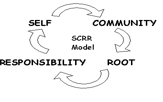
The SCRR™ method to development states that every individual must develop a positive sense of self that will enable them contribute to the collective community. Through culturally relevant academic lessons, activities and service-learning projects, participants will become rooted in their rich heritage and culture thus taking on the responsibility of creating tangible solutions to our community’s most pressing problems. This comprehensive model will assist students in their academic, social and emotional development by empowering participants to:
- Improve literacy
- Improve self-esteem
- Develop critical consciousness
- Develop a healthy cultural and racial identity
- Develop a sense of social responsibility
- Cultivate culturally competent leadership
Few of the issues facing communities of color and urban youth exist in isolation. They are inter-related and usually find their root in slavery, colonization and the many cycles that these traumatic conditions have produced (Leary, 2005). A Sankofa-centered education prepares students to think critically about their communities’ most pressing issues while empowering them to develop a purpose related to creating tangible solutions. The Self-Collective-Root-Responsibility Model™ can be used as a guide and standard for implementing culturally relevant curricula that educate and empower.
Sources
Hanley Stone, M., Noblit, G. (2009). Cultural Responsiveness. Racial Identity and Academic Success: A Review of Literature. Executive Summary Prepared for the Heinz Endowments.
Ladson-Billings, G. (1995). But that’s just good teaching! The case for culturally relevant pedagogy. Theory in Practice, 34(3), 159-
Perry, T. Steele, C. and Hilliard, A. (Eds.) (2003). Young, gifted and black: promoting high achievement among African American students. Boston, MA: Beacon Press






